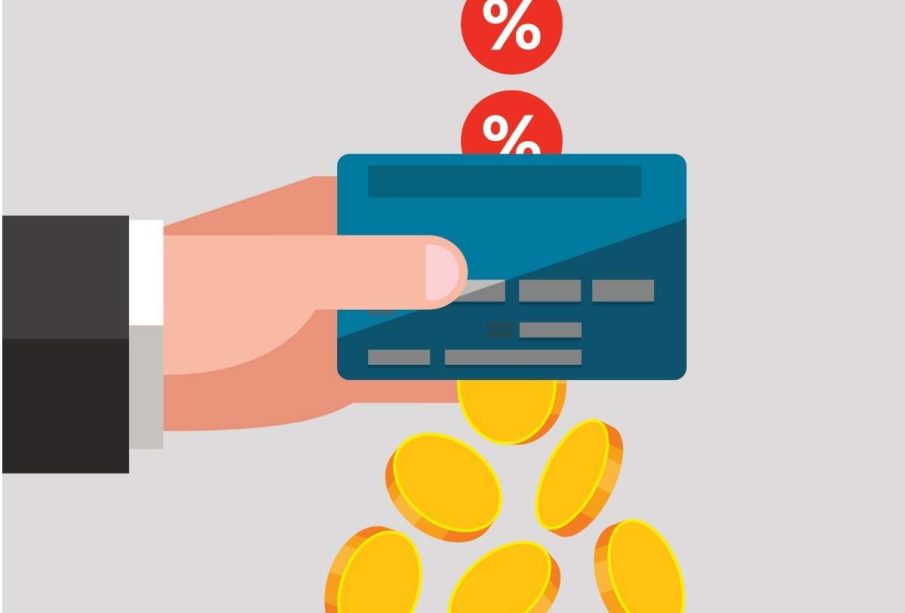Remember These Charges When Applying for Credit Cards Online

With online shopping becoming increasingly popular daily, it’s important to remember to keep track of the charges you may incur when applying for credit cards. Knowing this information is key to ensuring your financial information stays safe and secure while also taking advantage of the convenience of online credit card applications. In this article, we’ll find out about the different credit card charges, allowing you to make informed decisions that align perfectly with your financial objectives.
-
Table of Contents
Annual Fees
Before online credit card apply, you must know that annual fees are a standard feature for credit cards, but their range can be quite extensive depending on the issuer and the particular card you have your eye on. It’s worth highlighting that certain cards provide an introductory waiver or a reduced fee for the first year, whereas others may impose more significant annual expenses. It’s crucial to scrutinize the card’s benefits and rewards, weighing them against the annual fee. The goal is to find a card that fits your financial situation and provides tangible value for your spending habits.
-
Interest Rates
Credit cards introduce two primary interest rates into the mix: the Annual Percentage Rate (APR) for purchases and the APR for balance transfers and cash advances. Understanding these rates is pivotal, as they wield considerable influence over the overall cost of your credit card. The purchase APR pertains to balances you carry on your card, while the balance transfer and cash advance APRs come into play when you perform balance transfers or cash withdrawals. Along with this, it is also important to keep a check on the credit card limit.
To simplify the process of understanding and managing your credit card’s interest rates, IDFC First Bank offers a credit card interest rate calculator on their website and mobile app. This tool allows you to input your card’s specific rates and outstanding balances. It then calculates the interest charges for your different card activities, helping you make informed decisions regarding your card usage and repayment strategies.
-
Balance Transfer Fees
For individuals considering transferring balances from one credit card to another in pursuit of lower interest rates, it’s vital to factor in balance transfer fees. These fees are typically calculated as a percentage of the amount transferred or a fixed dollar amount, depending on which is higher. While balance transfers can yield substantial interest savings, weighing this against the accompanying transfer fee is crucial.
-
Late Payment Fees: Timely Payments as the Cornerstone
Late payments on your credit card bill can trigger late payment fees, which can be hefty. Beyond the financial aspect, late payments can cast a shadow on your credit score. The expert advice here is to set up reminders or automated payments to ensure punctuality and maintain a pristine credit history.
-
Over-the-Limit Fees: Opting for Control
Certain credit cards may levy over-the-limit fees if you surpass your credit limit. To avoid these charges, exercise vigilance by monitoring your spending and ensuring you stay within your credit limit. Many credit card issuers provide the option to opt out of over-the-limit transactions—an intelligent choice to dodge these fees.
Conclusion
While online applications make life more convenient, comprehending the financial intricacies is essential. By meticulously scrutinizing the terms and conditions of credit card offers and considering these charges, you can make astute decisions that harmonize with your financial objectives. For a credit card experience that combines transparency, value, and convenience, consider exploring the offerings from IDFC FIRST Bank.







